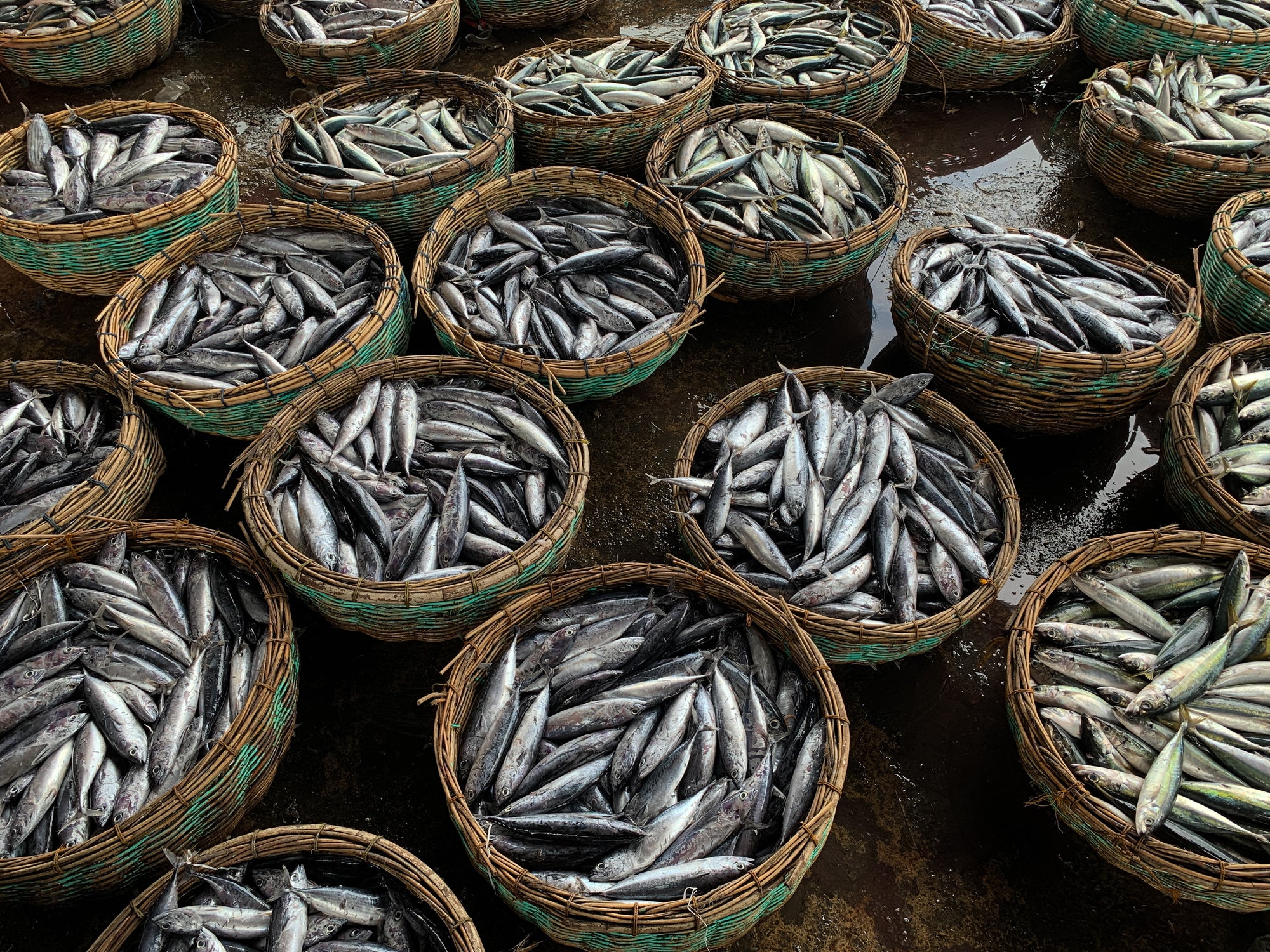Improving nutrition in coral reef countries while sustaining fisheries

September 30, 2024—Expanding sustainable-use marine protected areas (MPAs)—regions of the ocean where marine ecosystems are being preserved or rehabilitated, but where some level of fishing is allowed—could increase catch and help prevent micronutrient deficiencies in coral reef nations, according to a new study led by Harvard T.H. Chan School of Public Health.
The study was published September 17 in Nature Communications. Christopher Golden, associate professor of nutrition and planetary health, was corresponding author. Other Harvard Chan co-authors included Daniel Viana, postdoctoral fellow, and Jessica Zamborain-Mason, research associate in the Department of Nutrition.
Inadequate intake of micronutrients affects billions of people worldwide, millions of them coastal residents in tropical developing countries. According to the researchers, sustainable-use MPAs are often overlooked as a solution. For the study, they developed models to estimate how catch—and therefore access to fish and micronutrients—would increase if non-MPA reefs were converted to sustainable-use MPAs. They used data on coral reef fish populations and social and environmental conditions from 2,421 reef sites (1,117 no-fishing MPA, 804 sustainable-use MPA, 500 non-MPA) in 53 countries.
The study found that creating more sustainable-use MPAs could increase catch by up to 20%, which could help prevent up to 2.85 million cases of inadequate micronutrient intake in coral reef nations across South and Southeast Asia, Latin America and the Caribbean, sub-Saharan Africa, and the Pacific region.
The findings also highlighted which countries could benefit most from increased levels of specific micronutrients derived from sustainable-use MPAs, such as vitamin B12 in India and Bangladesh; iron in Mozambique and Cambodia; zinc in Nicaragua and Madagascar; calcium in Kuwait and Indonesia; vitamin A in Oman and Kiribati; and omega-3 long-chain polyunsaturated fatty acids in Yemen and Kenya.
Read the study: Sustainable-use marine protected areas to improve human nutrition
Photo: iStock/Mardili Jamaluddin


